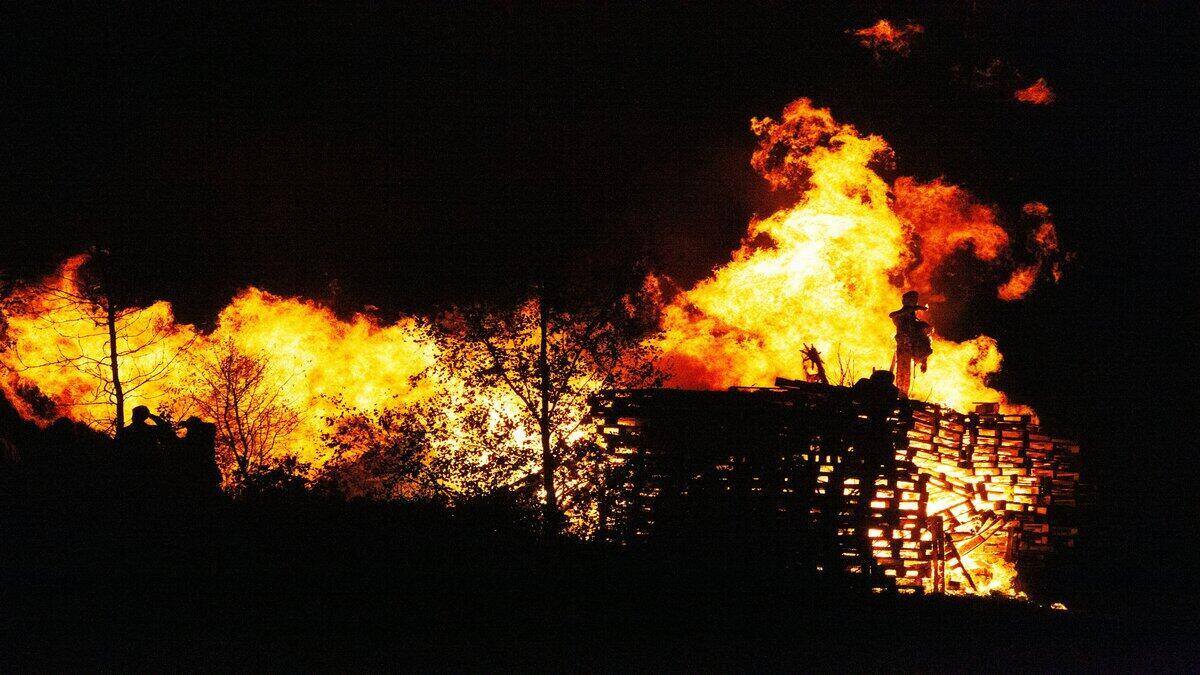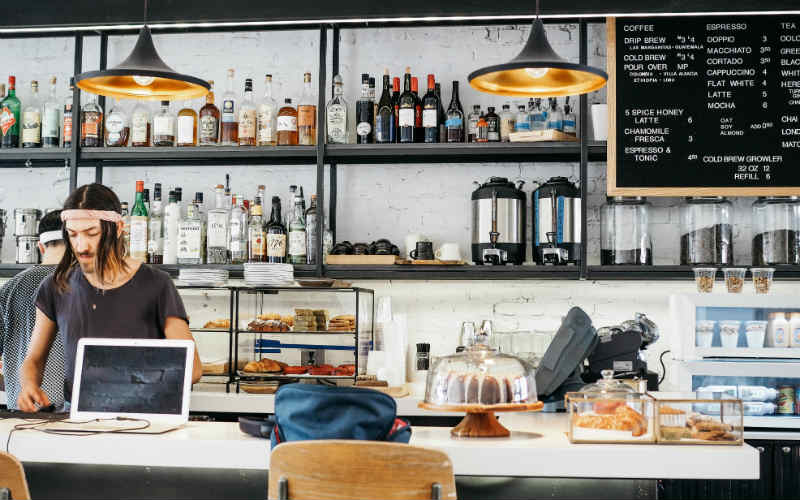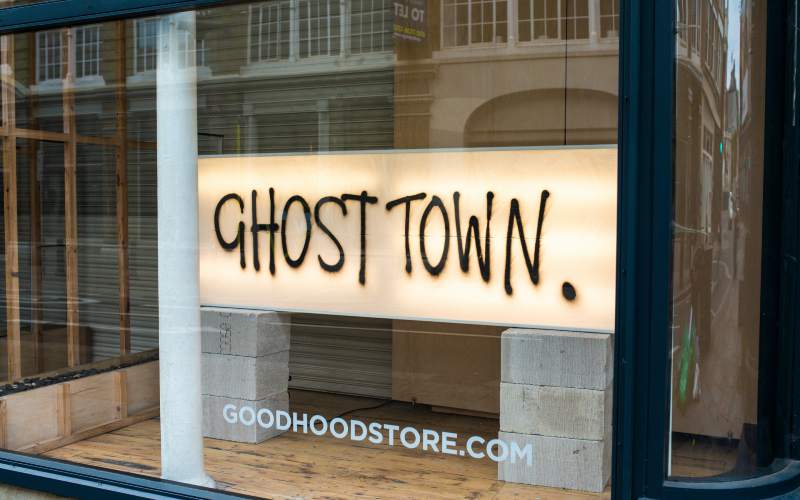Speaking on the economic outlook before business economists on Wednesday, RBA Deputy Governor Michele Bullock noted domestic price pressures are playing a role in the current period of high inflation.
Two domestic factors the RBA is monitoring closely at current include energy prices and the rental market, with both adding significant cost of living pressures to Aussie households.
“The outlook for domestic energy prices and rents are two areas we are monitoring closely,” Ms Bullock said.
“The large increases in retail gas and electricity prices that are predicted for next year will directly add over 1.00% to headline inflation over the year to September 2023.
“Because energy is an input to many of the goods and services we buy, there will also be second-round effects as businesses increase their prices in response. These effects are uncertain, but the second-round contribution of electricity prices to underlying inflation could be around 0.50% over 2024.”
Ms Bullock notes a large increase in electricity prices have been factored into the Reserve Bank’s central scenario for inflation, but there is a risk the bank may not have incorporated enough.
"Forecasting is difficult, particularly when there are so many unusual forces bearing on the outlook," she said.
"As the past few years demonstrates, however, it is more often a question of how wrong the forecasts will be. This could be because unforeseen shocks hit the economy or households and businesses behave differently to what we expected."
Speaking on the second factor watched closely by the RBA, Ms Bullock noted rental vacancy rates have declined since the beginning of the year and are at historic lows in several cities.
“Growth in advertised rents for new leases has been very strong as a result,” she said.
“This will continue to flow through to the CPI measure of rent inflation, which measures rent increases for all leases, over coming quarters.
“Close to one-third of Australian households rent and many of these households have relatively low income and wealth. Higher rents could push some renters into financial stress, particularly when combined with broader cost-of-living pressures.”
'Don't doubt our resolve' says RBA Deputy Governor
Responding to questions on Wednesday evening, the RBA Deputy Governor told business economists the RBA is committed to containing inflation and will resort to faster interest rate increases if necessary.
"What we are trying to achieve here is a slowdown in the economy, which is sufficient to bring inflation back down to that. It’s not quite there in the forecast period, but if we went a bit further out, we’re expecting that it will come back down within target," Ms Bullock said.
“Don’t doubt our resolve that if we get some particular bad news on inflation, and if all the reasons we think we are different on wages turns out we’re not, then don’t doubt our resolve to increase interest rates quite quickly."
Ms Bullock acknowledged that it may take a little bit longer for the RBA to bring inflation back down to its target band of 2-3%, yet the RBA aims to do so by preserving gains in employment that have been achieved in recent times.
"Households recognise that their real wages are declining, and with the labour market as tight as it is, it is quite possible that workers will demand and may get wage rises," she said.
"Businesses might well be willing to pay higher wages if they think they can easily pass on the cost increase in higher prices.
"How this inflation psychology plays out is critical for the inflation outlook and for monetary policy. If this mindset were to take hold inflation will remain high."
Unveiling the latest edition of its Statement of Monetary Policy late last week, the RBA now views inflation to peak at 8% by the end of the year.
This revised forecast is expected to mean Aussies will continue to tap into their savings, with RBA modeling revealing household savings ratios are expected to dip well-below the pre-COVID rate of 5% in the next 18 months.
PRD Chief Economist Dr Asti Mardiasmo said with wages and earnings stagnating alongside inflation now predicted to reach even higher than 8.0%, the outlook is bleak.
“Australians are dipping into their reserves to be able to adjust to the higher cost of living, and will potentially keep on doing so to be able to afford Christmas and New Year,” Dr Mardiasmo told Savings.com.au.
"The imbalance will continue to grow, relating back to household savings going down even further as we go through the Christmas and New Year period."
Advertisement
Need somewhere to store cash and earn interest? The table below features savings accounts with some of the highest interest rates on the market.
Image by Chris Peeters via Pexels









 Rachel Horan
Rachel Horan
 Emma Duffy
Emma Duffy

